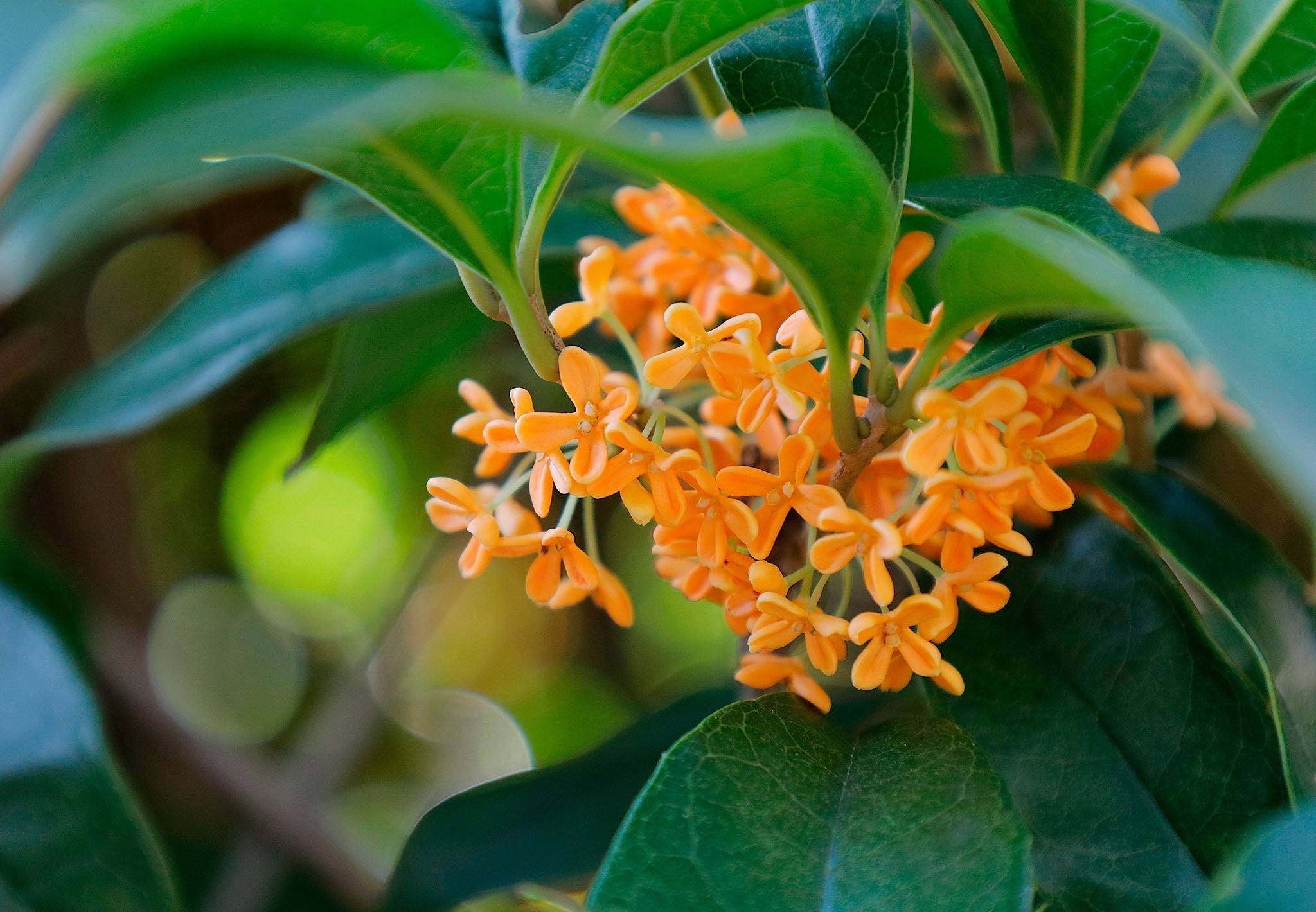Growing up in Japan, I’ve always found it a little hard to take compliments. My immediate reaction is often to say, “そんなことないです” (That’s not true) instead of simply responding with “thank you.” This instinct comes from the deeply rooted concept of 謙虚 (kenkyo), or modesty, in Japanese culture. Compliments, though well-intended, can sometimes feel awkward to receive in Japan. For example, if someone says, “Your English is excellent!” the typical response might be, “Ie ie ie. Tondemonai! Zen zen shaberemasen” (Oh no, not at all! I can’t speak it at all!). It’s a humble deflection, reflecting a desire to not come across as boastful.
But 謙虚 isn’t just about deflecting praise—it’s a way of living that emphasizes humility and respect for others.
The Roots of Kenkyo
Modesty has long been an important value in Japan, shaped by influences like Buddhism and Confucianism, which teach humility, respect, and balance. It’s woven into everyday interactions, from the way people bow in greeting to the careful use of respectful language (keigo). These cultural practices gently remind us that being humble isn’t about shrinking yourself but about showing respect for others.
謙虚 in Daily Life:
In modern Japan, you can still see 謙虚 in action—whether it’s someone deflecting compliments with a modest smile or downplaying their own successes. In the workplace, it’s common for people to highlight the efforts of their team rather than take individual credit. It creates a sense of unity and shows that success is shared.
But 謙虚 isn’t just about work or social situations—it’s also reflected in personal choices. From minimalistic homes to the traditional art of wabi-sabi (embracing imperfection), there’s a quiet beauty in simplicity that speaks to the heart of 謙虚.
Finding Balance
While modesty is highly valued in Japan, there’s also room for self-expression. Especially among younger generations, there’s a growing shift toward finding balance—being proud of who you are while staying grounded. It’s a gentle reminder that we can celebrate ourselves without losing sight of the bigger picture.
A Global Virtue
In today’s world, where being bold often gets the spotlight, the Japanese practice of 謙虚 offers a different kind of strength. It’s a reminder that sometimes, the quieter we are, the more we can hear—about ourselves and others. By embracing modesty, we can create a deeper sense of connection and mutual respect.
As a final note, I’ve chosen the 金木犀 (Osmanthus) flower to accompany this post. In Japan, 金木犀 is deeply cherished, not only for the way its sweet fragrance fills the streets in autumn but also because of its 花言葉 (the meaning associated with flowers)—which includes 謙虚 (modesty) and 謙遜 (humility). It’s the perfect symbol of the quiet, understated beauty of modesty in both nature and life.
What do you think about 謙虚? Do you have a similar experience with modesty in your culture? I’d love to hear your thoughts, so feel free to share your comments below!


2 comments
It’s a shame Kenkyo isn’t practiced more widely as I feel modesty and humility are values that all should include in their daily lives instead of rush and take.
Thank you for sharing your practice
We are off soon for my second visit to Japan. I expect to be deeply touched again by the quiet strengths of your fascinating country. 💚
Leave a comment